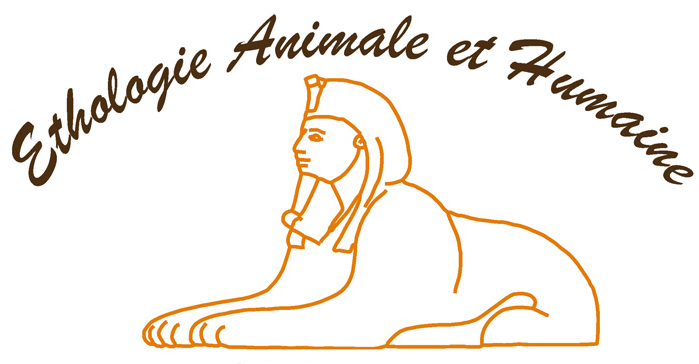The effect of unexpected rewards on decision making in cuttlefish
Résumé
Despite numerous studies demonstrating the cognitive ability of cephalopods, there is currently no study showing an emotion-like behavior in this group of animals. To examine whether cuttlefish have different internal states, we developed a behavioral paradigm to assess if prior surprised events are able to alter the choice made by cuttlefish. By presenting unexpected food rewards to cuttlefish before the test, we investigated whether the reaction time of choosing between two shrimps, an intuitive response toward the prey without previous learning, at three different levels of discriminative tests (easy, difficult, and ambiguous), are different compared to the one without an unexpected reward. This behavioral paradigm serves to demonstrate whether cuttlefish are aware of ambiguous situations, and their choice outcome and reaction time are dependent of their internal states. The results show that the response latency was significantly shortened in the difficult and ambiguous tests when choosing from two shrimps that are either moderately different in size or similar sizes, respectively, when cuttlefish have received unexpected rewards before the test. These results were compared with tests during which the cuttlefish did not receive any reward in advance. Furthermore, this shortening of latency did not result in a difference in choice outcome during the difficult and ambiguous tests. Interestingly, even when cuttlefish have obtained the expected food rewards or simply made tentacular strike without prey capture each time before test, these prior experiences were sufficient to shorten the response latency in the difficult and ambiguous tests. However, different from the result of unexpected rewards, food consumption alone or prey capture failure did affect the choice outcome during the simple and difficult tests. Taken together, our findings suggest that pre-test treatments of unexpected and expected rewards or simply unsuccessful visual attack seem to induce cuttlefish to adopt different foraging behaviors. This context dependent decision making suggests that cuttlefish’s foraging strategies are influenced by the previously surprised event and their internal states. It also shows a speed-accuracy tradeoff in difficult and ambiguous situations when foraging for prey. This observation may lead to a future investigation of the presence of emotional state in cephalopods.
Domaines
Sciences cognitives
Origine : Fichiers éditeurs autorisés sur une archive ouverte


